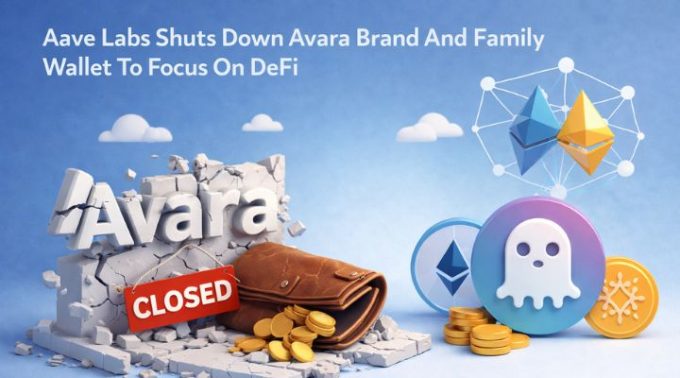How the Metaverse Can Transform Public and Government Services?
By Vishakha Thakur
As the metaverse begins to transform, State and municipal governments will have more options for information sharing, education, and communication. Organisations quickly implemented techniques like virtual meetings and metaverse-related technologies when the Covid-19 outbreak sparked a rapid shift to remote work. Revenue generation through metaverse projects can also aid in improving the economy of a country.
How can public sector benefit from Metaverse?
The public sector might gain a lot from the metaverse by boosting citizen participation, offering affordable training, and enhancing agency cooperation and information exchange. Although the applications are still in their infancy, we may anticipate seeing an increase in the metaverse’s utilisation over time. Given its wide range of applications, the metaverse has the potential to transform how governments function.
- Metaverse offers a practical and affordable method of delivering instruction
- To collaborate and share information more effectively, government organisations can use the metaverse as a platform
- Urban planning can be improved by using virtual models of cities and nations, which can also be used to simulate climate change scenarios and assess potential remedies.
- New experiences for the public can be created using the metaverse.
By fusing VR, AR, and cutting-edge technologies, the metaverse provides potent new methods for training staff.
How will the government embrace Metaverse?
- Protection of Privacy
Data security and privacy are issues that are brought up by the metaverse’s blurring of the borders between physical and digital life. To protect users’ personal information and digital identities in virtual environments, governments must adopt strict laws. Building trust among participants in the metaverse will depend on striking the right balance between the advantages of tailored experiences and the necessity for privacy.
- New Regulatory Structures
The metaverse needs new regulatory frameworks for virtual assets, just as governments control physical property and transactions. These assets, which range from virtual commodities to digital real estate, have a monetary value and may be exchanged or sold. To create systems that guarantee fair taxes, consumer protection, and property rights within the metaverse, governments should work with tech businesses. They can stop fraudulent operations and build a solid economic base for this digital economy by doing this.
- Cross-Border Judgement
The metaverse’s decentralised structure makes questions of jurisdiction more challenging. To address issues relating to cybercrime, taxation, and intellectual property, governments must collaborate internationally. Clarifying the rules for cross-border contacts in the metaverse would help avoid legal issues and guarantee that people and companies can conduct business safely.
- Evolution of Education
New employment and business opportunities will arise as the metaverse develops. For citizens to be successful in this digital environment, governments should fund workforce development and education initiatives. In order to provide pertinent courses and certificates, this can entail collaborations with technology businesses, academic institutions, and training centres.
- Accessibility
Governments should place a high priority on digital inclusion and accessibility to prevent the metaverse from escalating already-existing social inequities. This entails ensuring that everyone has access to the advantages of the metaverse, regardless of financial status or physical capabilities. It will be crucial to take steps to close the digital divide by distributing technology and providing inexpensive internet connection.
- Content Control
A variety of content can be found in the metaverse, some of which might be inappropriate, harmful, or objectionable. Governments must create moral standards and content laws that support society values while upholding the right to free speech. A good and inclusive virtual environment will depend on finding this balance.
Governments now have a rare opportunity to influence the direction of digital interaction, the economy, and society thanks to the emergence of the metaverse. Governments can make sure that the metaverse develops in a way that is advantageous to everyone by proactively addressing the regulatory, ethical, economic, and social problems. The creation of a metaverse that embodies the ideals and aspirations of our linked society will depend heavily on cooperation between governments, technology corporations, and other stakeholders.
You need to login in order to Like














